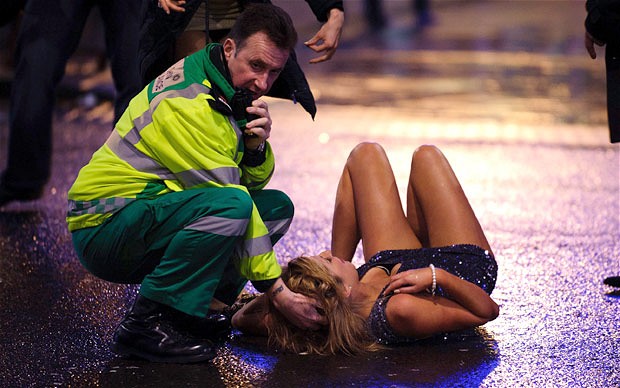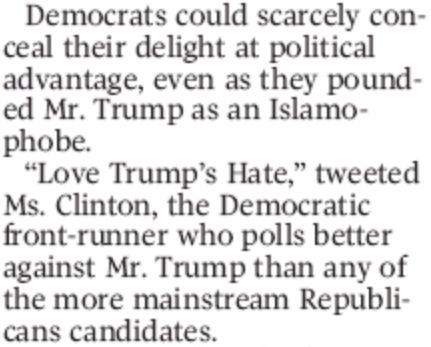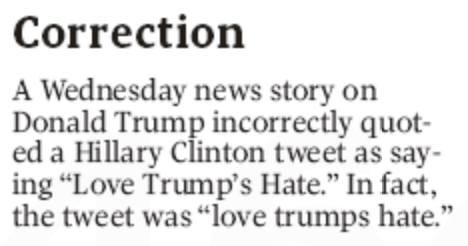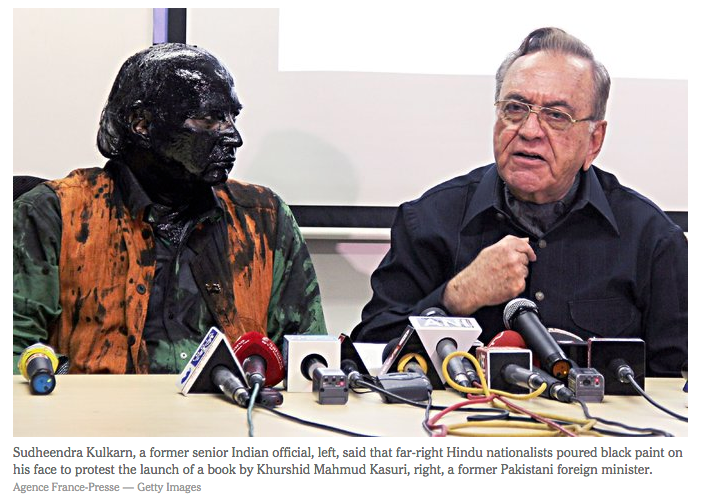"It eats salty": middle voice on "Top Chef"
On a recent episode of Bravo's competitive cooking show "Top Chef" ("Spines and Vines," 12/10/15), the contestants had to make a dish with uni (sea urchin) and pair it with a wine. One contestant, Angelina Bastidas, received the following less-than-glowing appraisal of her dish from the show's host, Padma Lakshmi, and guest judge Dana Cowin, editor-in-chief of Food & Wine.
AB: Over here it's a play on an Italian cacio e pepe. I made uni butter. And the wine that I chose today is chardonnay.
DC: The uni obviously has a lot of salt.
PL: Yeah.
DC: It's one of the characteristics, and the dish…
PL: It eats salty.
AB: Sorry about that. I apologize.
PL: Thank you.
Read the rest of this entry »



